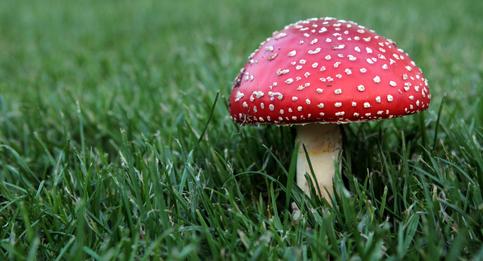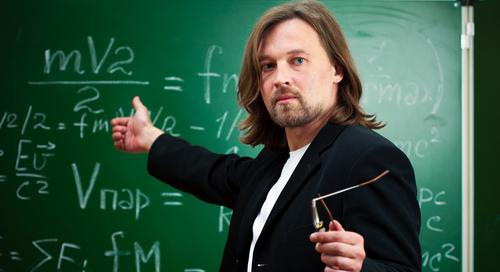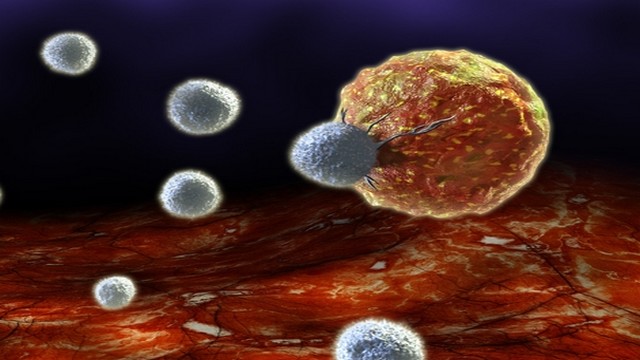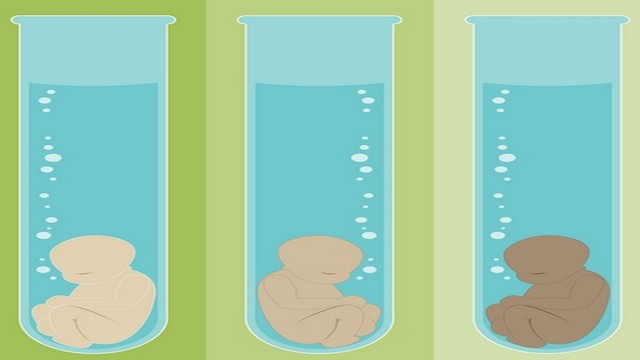Orion Jones
Managing Editor
Get smarter, faster, for success in the knowledge economy. Like us on https://t.co/6ZFWKpoKLi or visit https://t.co/d7r7dG2XOq
A new tactile sensor developed at the University of Southern California is more sensitive to the touch than an actual human fingertip. The technology will help advance prostheses and AI.
With Silicon Alley and Silicon Valley well-established, Jeff Slobotski believes that cities like Omaha, Des Moines and Kansas City may form the backbone of a new generation of tech start ups.
Madrid, Spain, has become the first city to integrate smart pavement into its infrastructure. The technology will offer citizens improved Web access while collecting data on pedestrian flow.
Physicists at the Israel Institute of Technology are working on a new structure that could bring the popular science fiction device to real-world situations such as the operating room.
Scientists from Harvard, Caltech, and the Max Planck Institute have succeeded in keeping a bit of quantum information, or qubit, stable in an artificial diamond for more than a second.
The European Space Agency has committed to building a new space telescope whose sole purpose will be to unravel the cosmological mysteries of dark matter and dark energy.
Two European physicists are attempting to explain black holes in the language of quantum mechanics. If successful, they could reconcile competing theories of how gravity works.
Tropical lakes of methane recently discovered on the surface of Titan hint at subsurface oases, which could produce compounds analogous to proteins and information-carrying molecules.
China has become just the third nation to dock spacecraft in orbit. The country’s progress in space technology has been rapid despite being excluded from the International Space Station.
How has Twitter changed the cultural and literary landscape aside from knowing what your friends had for lunch? For one thing, it has rescued the aphorism from our self-obsessed culture.
In Google’s latest bi-annual transparency report, the company says it has received more requests from western democracies than ever before to take down political information.
Forget Google. Larger data-gathering corporations combine decades of pre-Internet consumer research with online tracking tools to create a frighteningly powerful database.
The Internet’s standards body is debating technology that allows users to make their surfing habits unavailable to advertisers. How far should the body enter the policy making realm?
A team of Danish researchers are working to help villagers in eastern Namibia preserve their cultural traditions, which are becoming more difficult to pass down in an age of urban migration.
Based on The Institute for Economics and Peace’s annual Global Peace Index, Iceland is the most peaceful country in the world. The least peaceful country in the world is Somalia.
The day is nearing for discussions to take place in Moscow, but there is one direct-to-direct discussion that really should happen: Iran and America. According to reports, Washington is prepared to listen.
There is so much going on in the economy, and much of what economists put out there about it is pretty depressing news. Three of the phrases that economists will continue to throw around—although scary—are ones everyone should be familiar with and know what they mean.
The way things are around the world right now, experts believe 2013 will not be anything close to bright for the economy globally.
Are computer viruses such as Stuxnet and Flame signs that a cyber war is near? These are only a couple of things that lead some to believe that a cyber war has the potential to take the place of a physical war.
A new study which highlights the unique role of fathers concludes that they teach persistence best by showing warmth, explaining the reasons behind rules, and granting autonomy.
Researchers are using powerful algorithms to analyze narrative accounts written by people using psychedelic drugs. They hope to better understand how the drugs work on the mind.
New psychological research shows that people who perform well on intelligence tests are also more likely to give wrong answers on simple questions that test for an awareness of bias.
Experimental psychologists at the University of Negev, Israel, have found that just three weeks of meditation training helped individuals discover novel solutions to old problems.
Thanks to new discovery tools, pediatricians understand that storing and retrieving memory are two distinct brain functions. The latter develops later on and is unable to access your infant memories.
With the cost of healthcare and the rise in cancer screenings, researchers have developed a low-cost way for doctors to prescreen patients for lung and breast cancer.
According to studies, the absence of a very important protein in the body leads to viral infections taking permanent residency in a person’s immune system.
Researchers conclude that children who were conceived by an older father, who also was conceived by an older father, may live longer.
What does race mean? It is the lingering question in the discovery of the biology of race. Scientists study the various diseases that affect people of different races; however, it is believed this is not the appropriate route.
People who eat breakfast daily are least likely to become obese, gain fat around their stomach, or develop type 2 diabetes.
Most Americans not only misperceive currently levels of income inequality, says Joseph Stiglitz, they underestimate the tectonic changes that have occurred in the last ten years.





























